Global Orientation
The four Critical Competencies and three Global Orientation courses are the foundation of the NUS College curriculum and are intended to be read within the first two years. Although students have some flexibility in choosing their pathway through the curriculum, you are encouraged to complete the foundational curriculum while in residence to take advantage of in-house academic resources, and to immerse yourself in our close-knit intellectual community.
The Global Orientation courses – Global Narratives and Science and Society – target interdisciplinary learning and cultivate a global perspective in students, preparing them for more in depth examinations of the issues that concern humanity in later courses.
The timetable and details of the foundational courses offered can be found here.
Global Narratives
This course introduces students to enduring works of the human imagination across many global traditions. It explores how these works represent cultural narratives, values, and questions that encapsulate historical moments and communicate beyond their specific contexts. Students will examine various media and genres across a variety of world traditions and periods.
Course Leaders
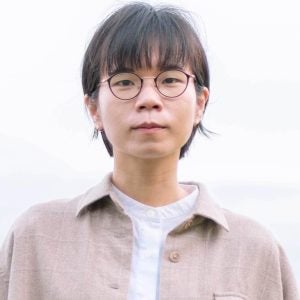
Carissa Foo
Carissa Foo
carissa.foo@yale-nus.edu.sg
Dr Carissa Foo is a literary critic and fiction writer. She received her Ph.D. from Durham University. Her main research interests include twentieth-century and contemporary women’s writing, spatial theories, queer studies, and phenomenological approaches to literature. She has published on modernist women’s writing, and is the author of two novels, and the recent short story collection, No Wonder, Women (Penguin SEA, 2022).
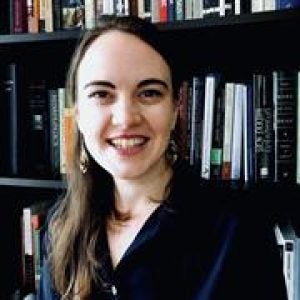
Emily Jean Dalton
Emily Jean Dalton
e.dalton@nus.edu.sg
Global Social Thought
This course explores perspectives on power and society by engaging with influential currents in social thought and their relationship to contemporary global concerns. Students will examine the ways in which these ideas have been taken up in contemporary social analysis and political practice in different parts of the world over time.
Course Leaders
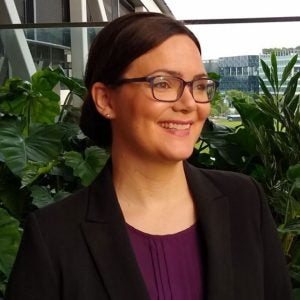
Kathryn Elizabeth McHarry
Kathryn Elizabeth McHarry kmcharry@nus.edu.sg
Kathryn E. McHarry received her PhD in Anthropology from the University of Chicago. As a socio-cultural and medical anthropologist with additional training in science and technology studies, her ethnographic research explores the politics of childhood in the 21st century. Her book project, Entrepreneurs of the Future: Speculative Care and Early Childhood Education in Senegal, examines how emerging practices of neoliberal governance around childhood reshape political economy, data politics, and family infrastructures in the global south.
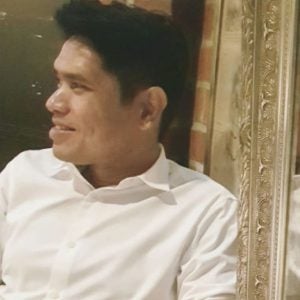
Bjorn Gomes
Bjorn Gomes bjorn.gomes@yale-nus.edu.sg
Dr Bjorn Gomes received his PhD in Political Science (Political Theory/International Relations) from Columbia University. His research focuses on the struggle for recognition in modern political thought, as well as subjects falling within the fields of political theory and international relations.
Science and Society
This course explores the intersection and interplay of science and society. Students will examine how scientific knowledge and technological development influence and shape institutions, peoples, and environments. In turn, they will survey how social, cultural, political, economic, and material realities instigate scientific discovery and research. The complex interactions among society, science, and technology will be examined in the context of some of the most pressing problems humans and non-humans face.
Course Leaders
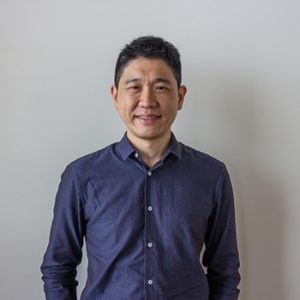
Chan Kiat Hwa
kiatchan@nus.edu.sg
Chan Kiat Hwa
kiatchan@nus.edu.sg
Dr Chan Kiat Hwa is an experimental chemist who earned his PhD in Chemistry from Princeton University working on the siderophore of Mycobacterium tuberculosis. His current research interests include the organometallic chemistry of rhenium and osmium carbonyl complexes, as well as the physical chemistry of peptide hydrogels. He is also interested in exploring socially accessible ways to mitigate the impact of plastics on our environment.
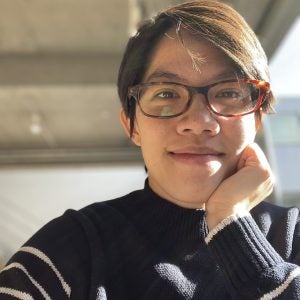
Lo Yi Ci
lo.yici@nus.edu.sg
Lo Yi Ci
lo.yici@nus.edu.sg
Lo Yi Ci’s research focuses on the history of science, medicine, and technology in late nineteenth- and twentieth-century China. Her current book project is titled “Measuring Up to Modernity: Metrological Reform in Modern China.” It addresses the questions of why and how the Nationalist government in Nanjing launched an ambitious drive to standardize weights and measures across China in the 1920s, and analyses what happened when officials went to great lengths to get everyone from physicists to peddlers to use a new national system of measurement.